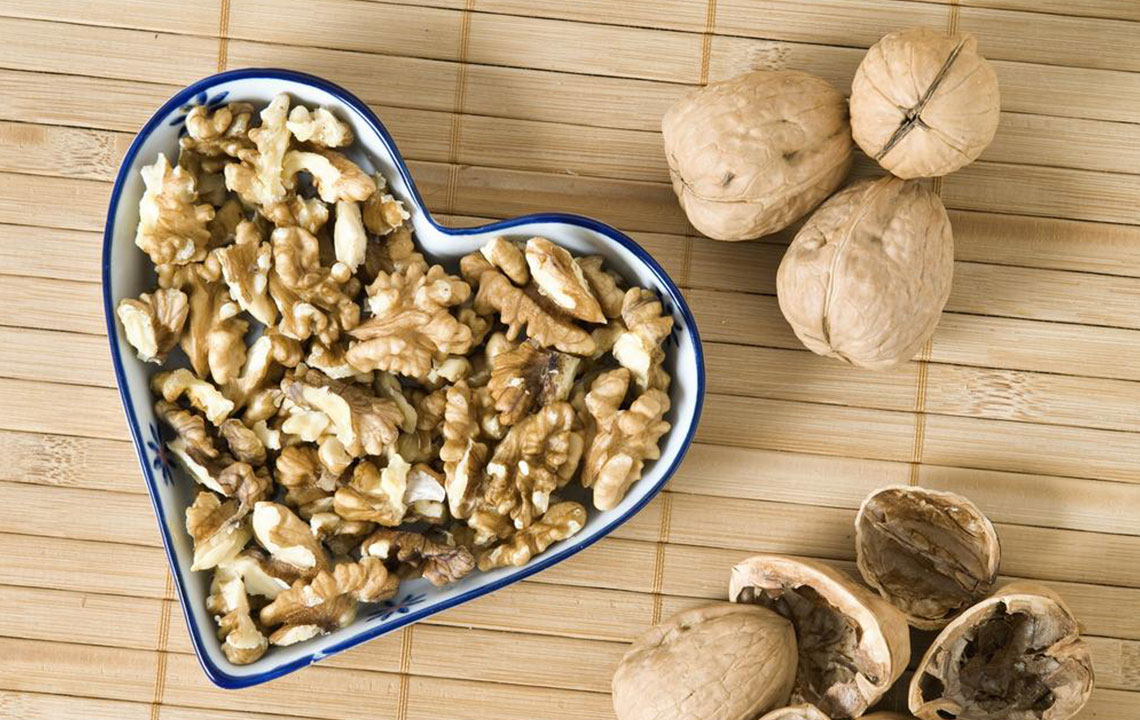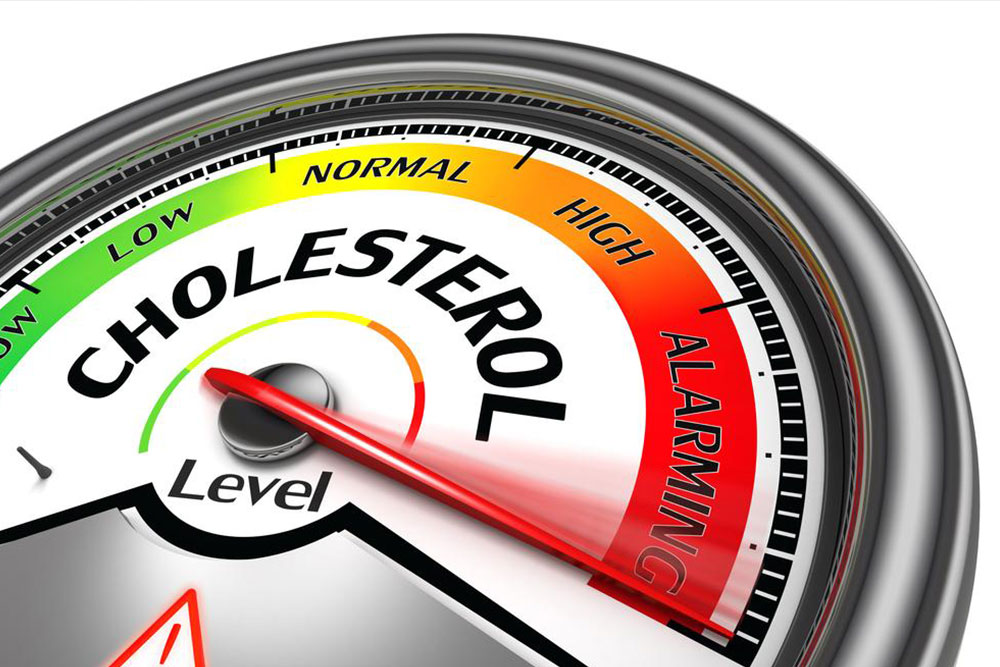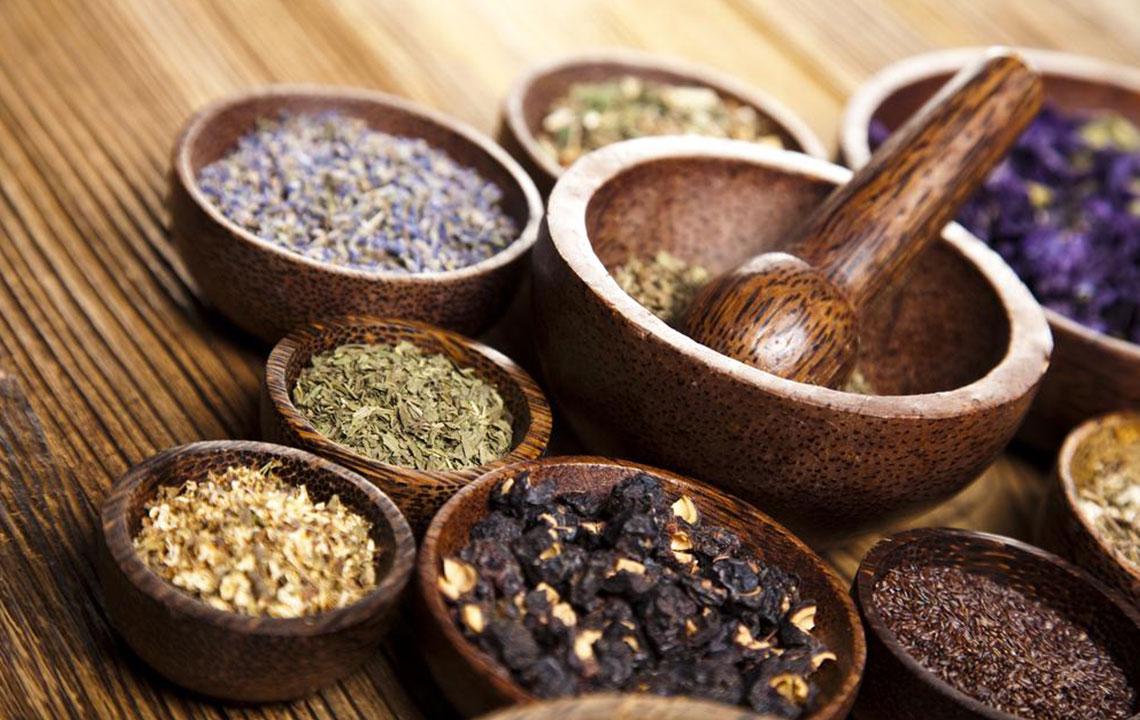Comprehensive Natural Strategies to Lower Cholesterol Levels Effectively
This comprehensive guide offers practical and natural strategies to effectively lower cholesterol levels. Emphasizing dietary changes, regular exercise, weight management, and lifestyle adjustments, the article provides valuable insights into maintaining heart health without relying solely on medications. It highlights the importance of monitoring cholesterol levels and adopting sustainable habits to reduce cardiovascular risks and promote overall well-being.

Effective Natural Approaches for Reducing Cholesterol
Understanding Cholesterol and Its Impact on Health
Cholesterol is a waxy, fat-like substance fundamental to many bodily functions, including the synthesis of Vitamin D, hormones like testosterone and estrogen, and the digestion of fats. The human body, particularly the liver, produces cholesterol naturally, and it is also obtained through certain foods. While cholesterol is essential, elevated levels—especially of low-density lipoprotein (LDL), commonly known as 'bad cholesterol'—can significantly increase the risk of cardiovascular diseases, including heart attacks and strokes. Managing cholesterol levels is crucial for maintaining overall health and preventing chronic conditions.
Our bloodstream is the primary transportation system for cholesterol, carrying it through different lipoproteins. These include LDL, which transports cholesterol to tissues and organs but, when in excess, can lead to plaque formation in the arteries. Conversely, high-density lipoprotein (HDL) acts as a scavenger, removing excess cholesterol from the bloodstream and transporting it back to the liver for processing. Maintaining a proper balance between LDL and HDL is vital. An imbalance characterized by high LDL and low HDL levels is a common risk factor for atherosclerosis—a condition characterized by plaque buildup within arterial walls that restricts blood flow and increases cardiovascular risk.
The factors influencing cholesterol levels include diet, physical activity, body weight, genetics, and lifestyle habits. High cholesterol often presents with no obvious symptoms, making regular blood tests vital for accurate detection and assessment. Fortunately, achieving healthy cholesterol levels can often be accomplished through natural lifestyle modifications—minimizing reliance on medications. Effective strategies encompass dietary adjustments, increased physical activity, weight management, and other healthful habits.
Diet plays a significant role in managing cholesterol. Incorporating more plant-based foods like fruits, vegetables, whole grains, and plant proteins such as beans, lentils, nuts, and tofu can dramatically improve cholesterol profiles. Conversely, it is essential to reduce or eliminate foods high in saturated fats, such as butter, full-fat dairy products, and fatty cuts of meat. Trans fats, often found in processed and fast foods, should be entirely avoided. These fats are particularly harmful as they increase LDL levels and decrease HDL levels. Adopting a diet rich in omega-3 fatty acids—found in fatty fish like salmon, mackerel, and sardines—can further support heart health by lowering LDL and raising HDL.
Regular physical activity is another cornerstone of natural cholesterol management. Engaging in at least 150 minutes of moderate exercise per week, such as brisk walking, cycling, swimming, or jogging, helps reduce LDL cholesterol and boost HDL production. Exercise also aids weight loss, which has a profound impact on improving lipid profiles. Even small changes, like taking the stairs instead of elevators or incorporating short walks during breaks, contribute to overall cardiovascular wellness.
Weight management is essential, as excess body fat—particularly around the abdomen—correlates with higher LDL levels and lower HDL levels. Losing even a modest amount of weight can significantly improve cholesterol levels and reduce the risk of heart disease. Combining a healthy diet with regular physical activity creates a synergistic effect that promotes optimal cholesterol balance.
Limiting intake of refined carbohydrates—such as white bread, white rice, and pastries—also benefits cholesterol management. These foods can elevate triglyceride levels and negatively influence lipid profiles. Additionally, ensuring adequate sleep and managing stress are often overlooked but crucial components of cardiovascular health. Chronic stress and poor sleep patterns can lead to hormonal imbalances, which may influence cholesterol levels negatively.
Monitoring vitamin D levels and ensuring sufficient sunlight exposure or supplementation may also have a positive impact on heart health, as some studies suggest a link between vitamin D deficiency and increased cardiovascular risk. Incorporating these natural, evidence-based approaches into daily life can effectively maintain and improve cholesterol levels over time, reducing dependency on medication and enhancing overall health.
In conclusion, managing cholesterol naturally involves a holistic approach—combining dietary modifications, physical activity, weight control, and lifestyle adjustments. These strategies not only help lower LDL cholesterol but also elevate HDL, improving the overall lipid profile. By adopting these healthy habits, individuals can significantly reduce their risk of cardiovascular disease while promoting long-term wellness and vitality.





